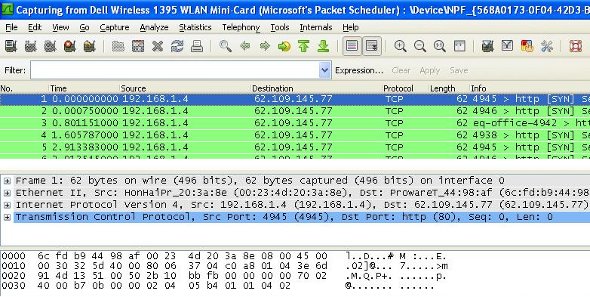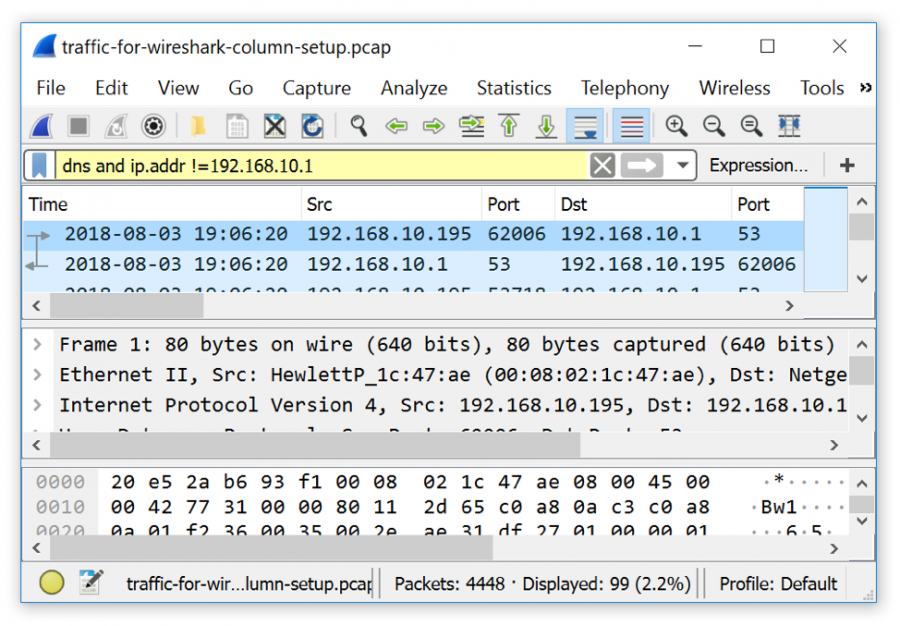

It is recommended to use brackets additionally, since otherwise you may not get the value you expect. Wireshark filter Logical operators allow you to create detailed filters using several conditions at once. When using c = (equal), this bug is missing. For example, to show TCP packets containing the string kalitut you need the following filter: If an inaccurate occurrence is sought (better suited for non-numeric values) then contains is used. Wireshark Filter Operatorsįilters can have different values, for example, it can be a string, a hexadecimal format, or a number.

Remember that in any case you can substitute your data, for example, change the port number to any one of your interest, and also do the same with the IP address, MAC address, time value, etc. Some filters are written here in a general form, and some are made as concrete examples. Here I consider the display filters that are entered in the main window of the program in the top field immediately below the menu and icons of the main functions. Remember that Wireshark has display filters and capture filters. Also here in the comments I suggest you share the running filters that you often use, as well as interesting finds – I will add them to this list. For novice users, this can be a bit of a Wireshark filter reference, a starting point for exploring. I collected the most interesting and most frequently used Wireshark filters for me. And there is a lot of documentation on these filters, which is not so easy to understand. In Wireshark just a huge number of various filters. wireshark filter to assess the quality of a network connection.

There's still TLSv1.2 packets being captured. There's a breakdown on the page)īut it doesn't seem to give the expected results. (I'm not going to pretend I understand all of it. So I want to filter out everything we're not interested in, only capturing the deprecated protocols. I know, the display filter for showing SSL 3.0, TLS 1.0 & TLS 1.1 packets is pretty simple: = 0x0300 or = 0x0301 or = 0x0302īut I want to avoid capturing everything, as these are very active servers. I imagine that's not that uncommon to be curious about, but to my surprise I couldn't find much on how to build a proper capture filter for this. We're trying to identify applications which are still connecting to our shared SQL servers with deprecated SSL/TLS protocols, so anything older than TLS 1.2.


 0 kommentar(er)
0 kommentar(er)
